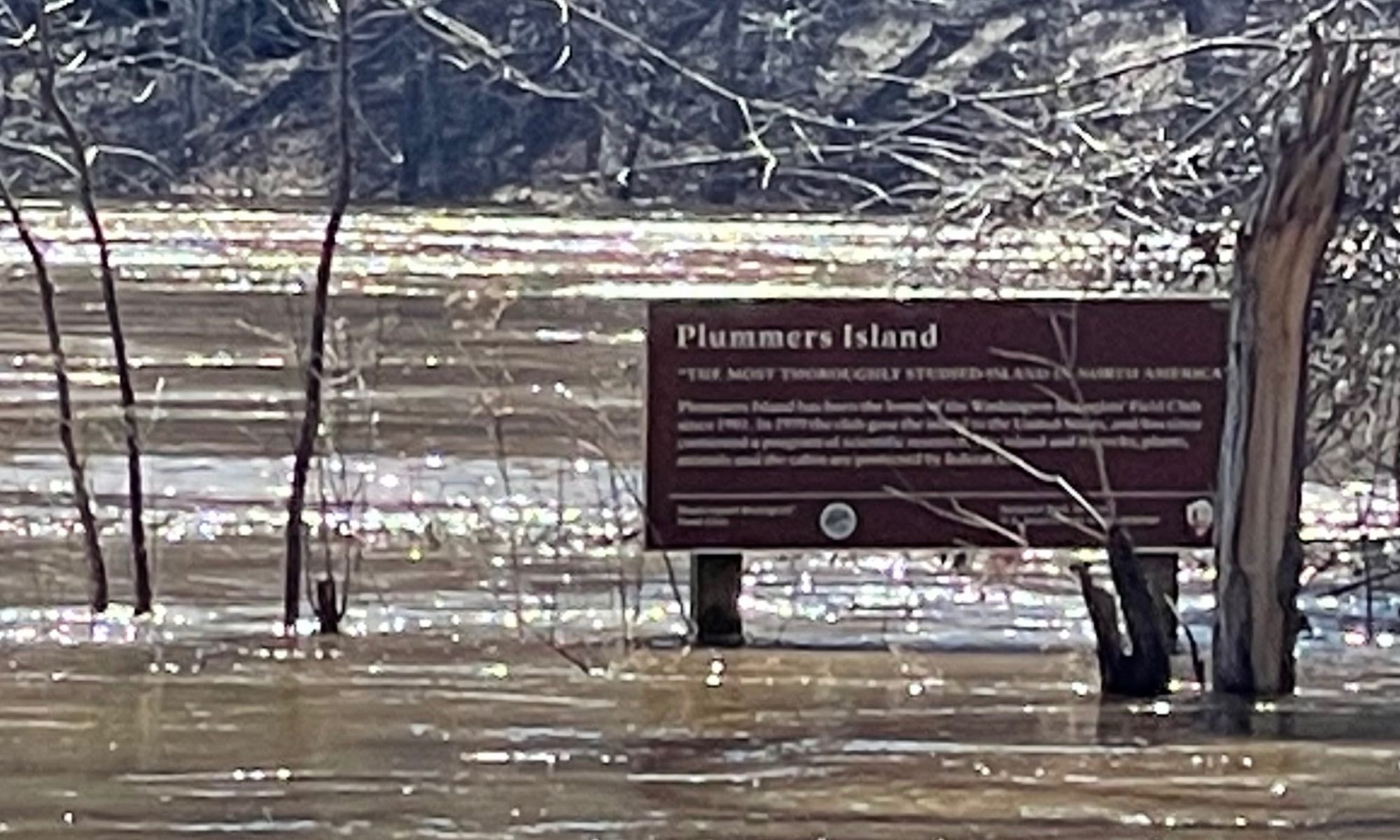It is with great sadness that we announce the passing of Dr. Stanwyn G. Shetler on the evening of December 4th at around 9:30 PM, age 84, due to complications from Parkinson’s disease. His daughter, Lara, was at his side. Dad was a man of many accomplishments who achieved a goal so few are able to claim; he left the world better than he found it. Rest peacefully, Dad.
Stan was born on October 11, 1933, in Johnstown, Pennsylvania. He grew up in rural Hollsopple, PA and attended Johnstown Christian School, where his father was Principal and Stan therefore felt it prudent to graduate Valedictorian of his class. His interest in natural history began with bird watching in the sixth grade and was stimulated by his science teacher and fostered by his mother. Ornithology was a lifelong avocation.
Stanwyn earned his Bachelor’s and Master’s degrees in 1955 and 1958 from Cornell University after first attending Eastern Mennonite College (now University), Harrisonburg, Virginia. He came to the Department of Botany, National Museum of Natural History of the Smithsonian Institution in 1962 directly from graduate studies at the University of Michigan, where he subsequently earned a PhD degree in systematic botany. He spent his whole professional career at the Smithsonian before retiring at the end of 1995. Beginning as an assistant curator, he rose to serve as associate director and then deputy director of the National Museum of Natural History.
Stan’s naturalist interests were wide-ranging, but he was a recognized expert on the bellflowers (genusCampanula) and the flora of the Arctic. His publications number well over 100 scientific, technical, and popular titles, including three books and the Annotated Checklist of the Vascular Plants of the Washington-Baltimore Area (2 volumes, 2002, 2002). The books are on Russian botanical history (1968), a monograph on the evolution of the New World harebells (Campanula rotundifolia complex) (1982), and the popular Portraits of Nature: Paintings by Robert Bateman (1986), which accompanied a Smithsonian exhibition by the same title organized by him in 1987. He also edited the English translations of the last eight volumes of the 30-volume Flora of the USSR plus the general index volume.
Dr. Shetler was program director of the international Flora North America Program, which pioneered in the use of computers for taxonomic information and set the stage for the subsequent effort to prepare a modern treatise of North American plants. The data produced from this project was among the first in the world to document the climatic phenomenon now known as global warming. His research travels took him across North America and to parts of South and Central America, Europe, Asia, and Australia.
Stan was a frequent lecturer, teacher, and consultant through the years. He served on the board of the Piedmont Environmental Council (1985-88) and several terms (latest, 2006) on the board of directors of the Audubon Naturalist Society, including three years (1974-77) as president. He was a charter member (1982) of the Virginia Native Plant Society and served on the state board of directors as Botany Chair (1996-2003) and director-at-large (2004-2006). He taught plant identification courses for the U.S. Department of Agriculture Graduate School off and on since 1963 and in the 1980s and 90s at Northern Virginia Community College.
Honors include election as fellow of the American Association for the Advancement of Science (1994) for “contributions to the formation of electronic data banks and the computer registry of botanical specimens,” and fellow of the Washington Academy of Sciences (2002). Upon retirement he was appointed botanist emeritus by the National Museum of Natural History.
In 1995, he received the Paul Bartsch Medal, which is the Audubon Naturalist Society’s top award for contributions to natural history and conservation. In 1988, he was invited by the Chautauqua Institution to present the featured lecture at the celebration of the late Roger Tory Peterson’s 80th birthday. He received the Piedmont Environmental Council’s Individual Award for Contributions to Environmental Improvement in 1981 for his role in drafting a Vegetation Preservation Policy for Loudoun County, Virginia.
Stan was elected to membership in the Washington Biologists’ Field Club in 1970 and served as vice president from 1981 to 1984 and as president from 1984 to 1987.
Dr. Shetler is survived by 2 sisters, a brother, a step-mother, his wife of 54 years Elaine, two children, and two grandchildren. His remains will be cremated and a memorial service will be announced at a later date.

